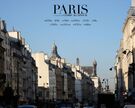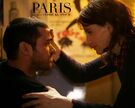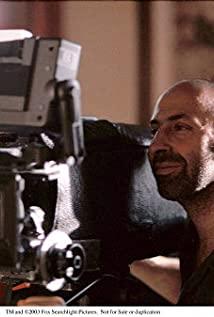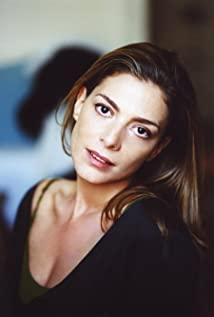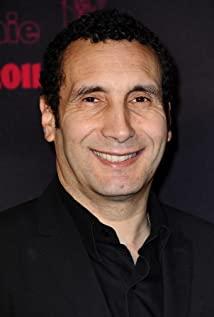The story is very simple, a few ordinary stories interspersed with each other, the main line is Juliet Binoche taking care of her younger brother who is suffering from heart disease.
When it comes to comparison,
1. The comparison of the younger brother's enthusiasm for life facing death VS the older sister's decadent mood at the beginning stage;
on the balcony, the younger brother said: Your life is still going on, or your life has not really begun, so you must Enjoy!
2. A comparison of the life attitudes of the history professor and the architect brothers; the
so-called “reap the fruits of the melon”, the architect pursues stability, and it is difficult to conceal the joy and steadfastness of being a father, while the history professor pursues drifting, and in the end it is precisely this sense of drifting that pays off. Color
3. The possibility of death of a younger brother with a heart attack VS the sudden death of a female worker in a vegetable market accident;
4. The comparison of the bakery owner as a local VS the working girl as the so-called "out-of-towner/countryman" in the eyes of the owner ;
Some people say that this is the case in Paris, and so is Shanghai; it is the same everywhere~
5. The contrast between the reserved sister's restraint in the face of suitors at the party VS her charming and colorful in front of her lover;
The person at the party asked her: Do you want to? ? The answer is: "Think, but..." The implication is, "Think, but it's not you."
...
Everyone is fighting against life in different ways.
At the end of the film, with the soothing gray piano accompaniment, the protagonist talks about the city of Paris and the characteristics of everyone's life: "No one is really happy." It
seems like an unsolved problem.
But in fact, there is a universal key: "Everyone is late, quarrelling, and worrying about life; but as long as you are still alive...you really don't know your happiness in the blessing!"
View more about Paris reviews



